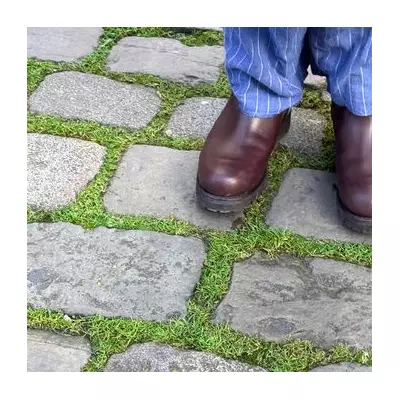
As a severe winter chill grips the nation, a leading veterinary expert has issued an urgent alert to British pet owners, highlighting seven critical symptoms that could signal serious health risks for dogs and cats.
The Seven Critical Warning Signs
With temperatures plummeting across Britain, specialists from veterinary care provider Medivet are urging households to monitor their four-legged family members closely. The cold weather presents numerous health complications, from minor ailments to life-threatening conditions like hypothermia, with early signs frequently missed by owners.
The seven serious symptoms every pet owner should vigilantly watch for include:
- Shivering
- Excessive sneezing
- Runny nose
- Constant watery eyes
- Dry or flaky skin
- Drowsiness
- Whimpering or whining
Understanding the Dangers of Hypothermia
Hypothermia in pets represents a grave risk and can prove fatal in extreme circumstances, making awareness of its specific symptoms crucial. This dangerous condition occurs when an animal's body temperature drops to perilously low levels, potentially triggering health complications that could result in organ failure.
Particular signs of hypothermia that require immediate veterinary attention include:
- Shivering (which may suddenly cease when body temperature becomes critically low)
- Pale lips and gums
- Low energy levels
- A noticeable loss of coordination
Dr Rhian Littlehales, clinical governance director at Medivet, emphasised that even minor cases of hypothermia can cause significant problems for pets.
Expert Winter Safety Guidance
Dr Littlehales has provided comprehensive advice to help owners protect their pets throughout the brutal winter months. Regarding exercise, the vet explained: "While it's important that your pet still gets time outside for exercise and toilet breaks, ensure they are only outside for short, but frequent bursts to minimise exposure to the cold."
Prolonged cold exposure can cause your pet's paws to crack or even become frostbitten, making it vital to keep walks brief and maintain your pets' movement and activity throughout outdoor time.
The veterinary expert also recommended thoroughly inspecting your dog or cat's paws for "signs of injury" after they've been outside and encouraged owners to "be vigilant about whether they appear to be in discomfort."
Beyond icy surfaces, de-icing products like road grit and antifreeze present additional hazards, potentially causing chemical burns and dry, cracking paws. Dr Littlehales suggests washing paws with warm water after outdoor excursions "to ensure no residue is left."
These chemicals can be particularly harmful if ingested, with cats especially vulnerable as even small amounts can cause kidney failure and death. Owners should prevent pets from getting chemicals on their coats and thoroughly clean any contamination with warm water before drying.
Additional protective measures include considering purchasing a coat for vulnerable pets, ensuring vaccinations remain current, and exercising particular caution during icy conditions that can make it difficult for animals to maintain traction, potentially leading to fractures or sprains.





